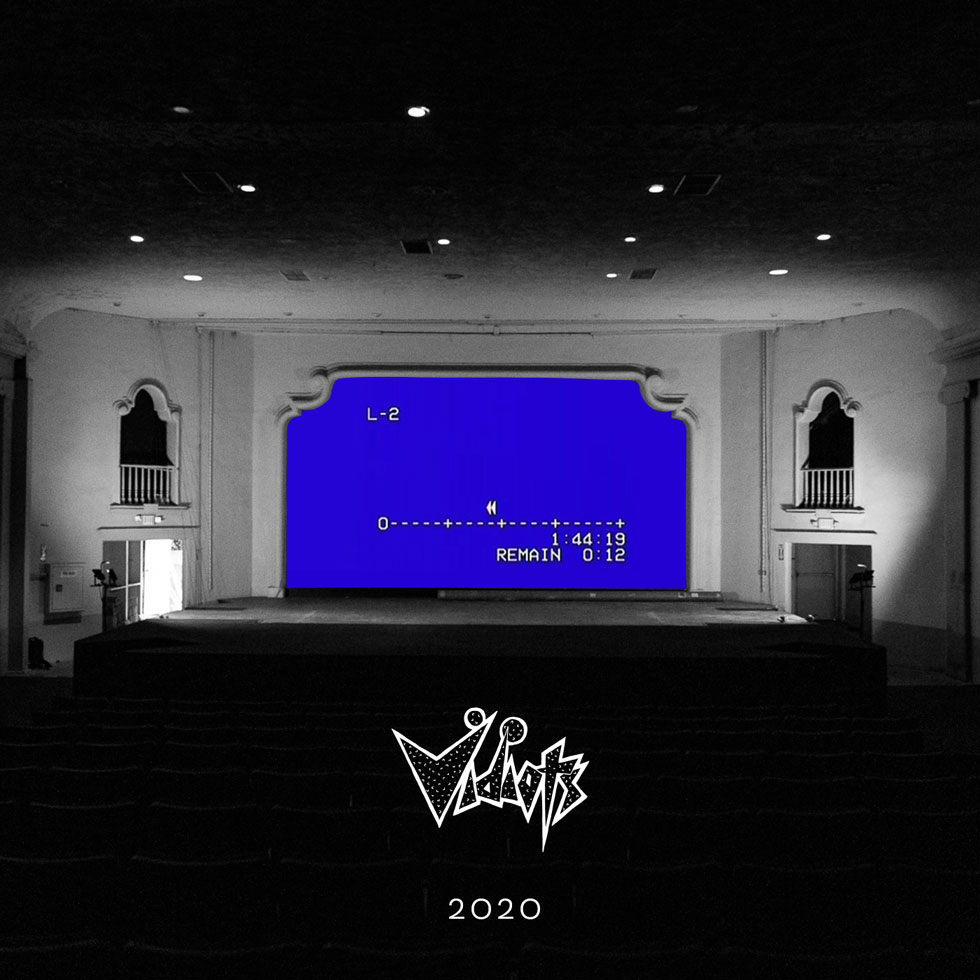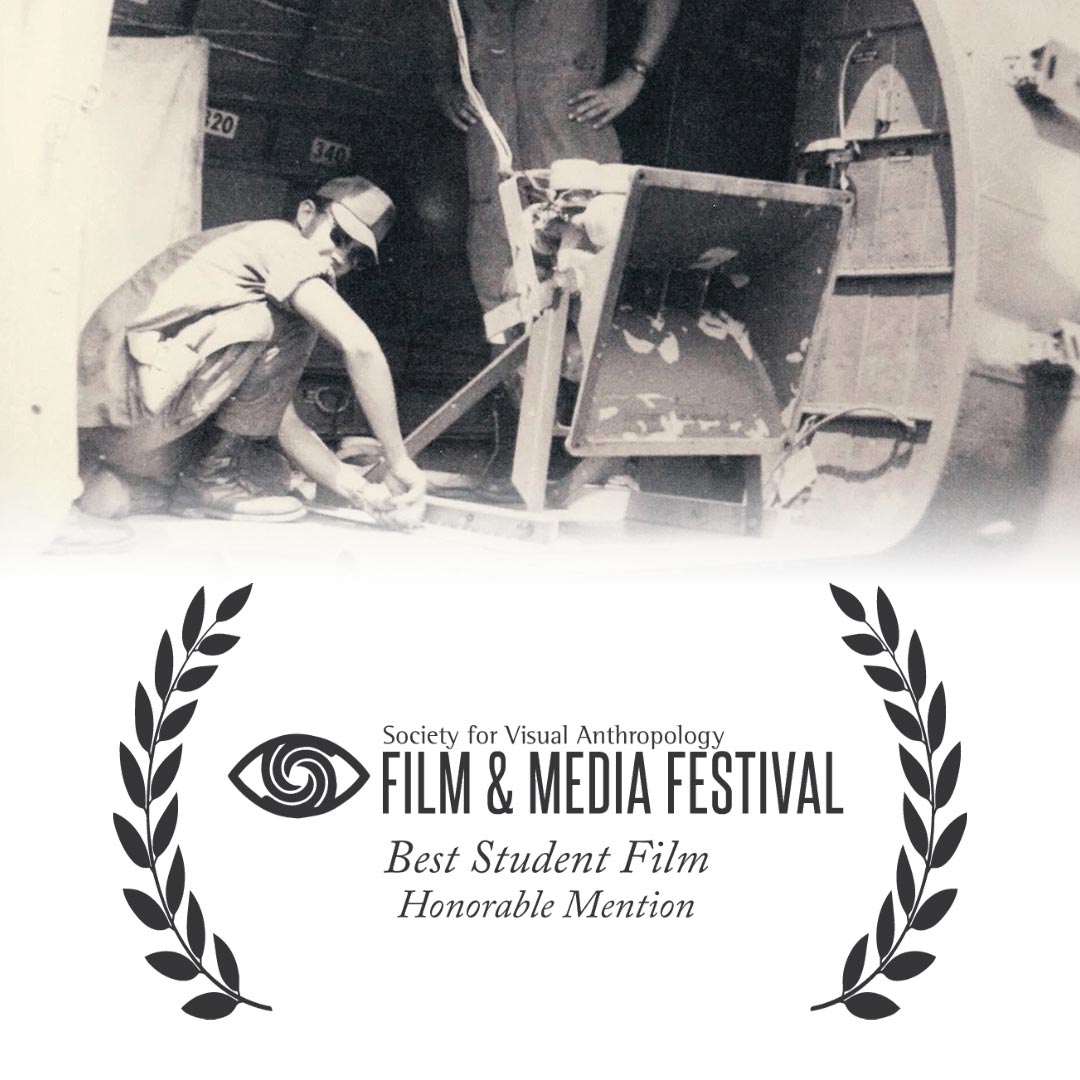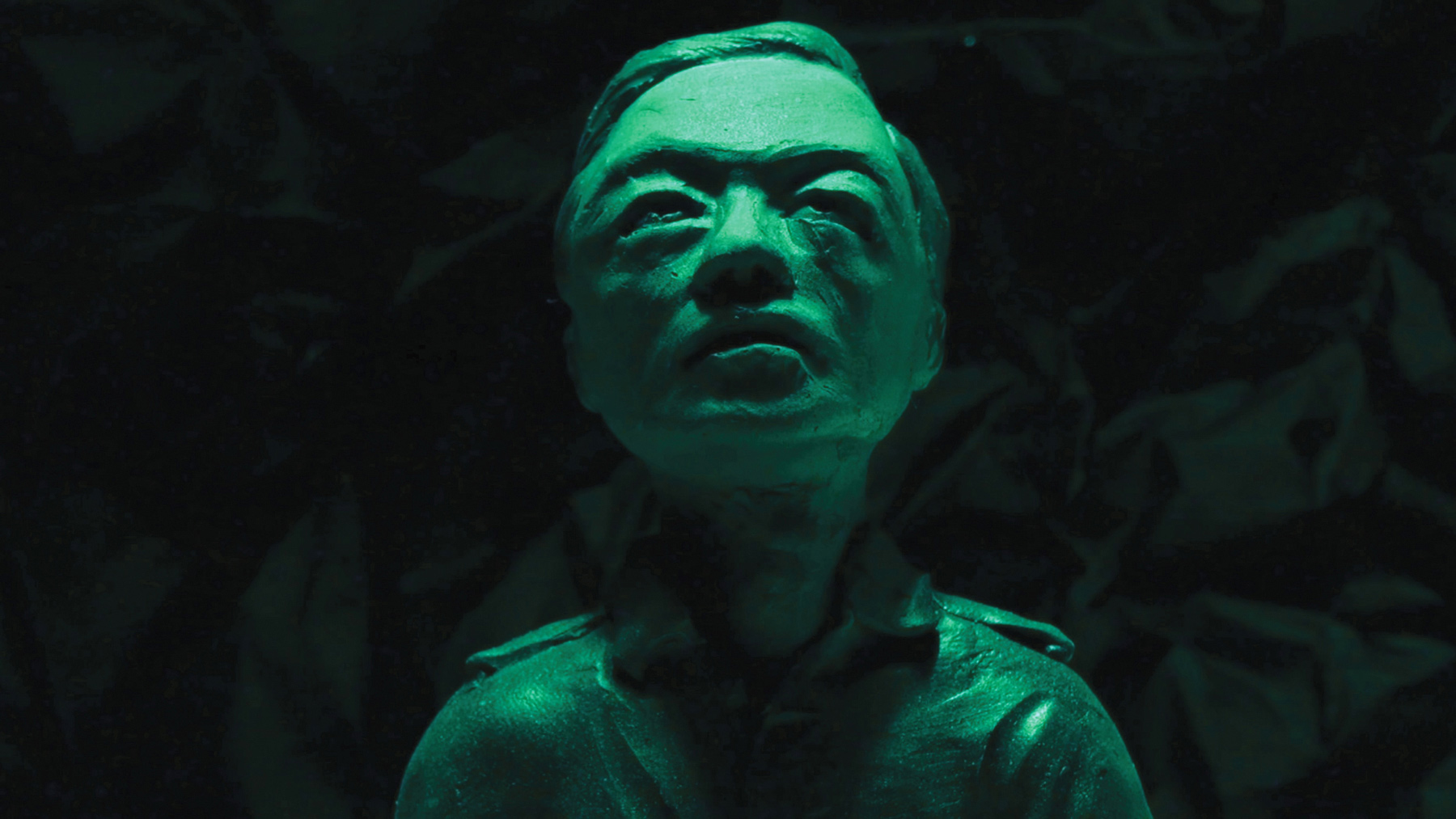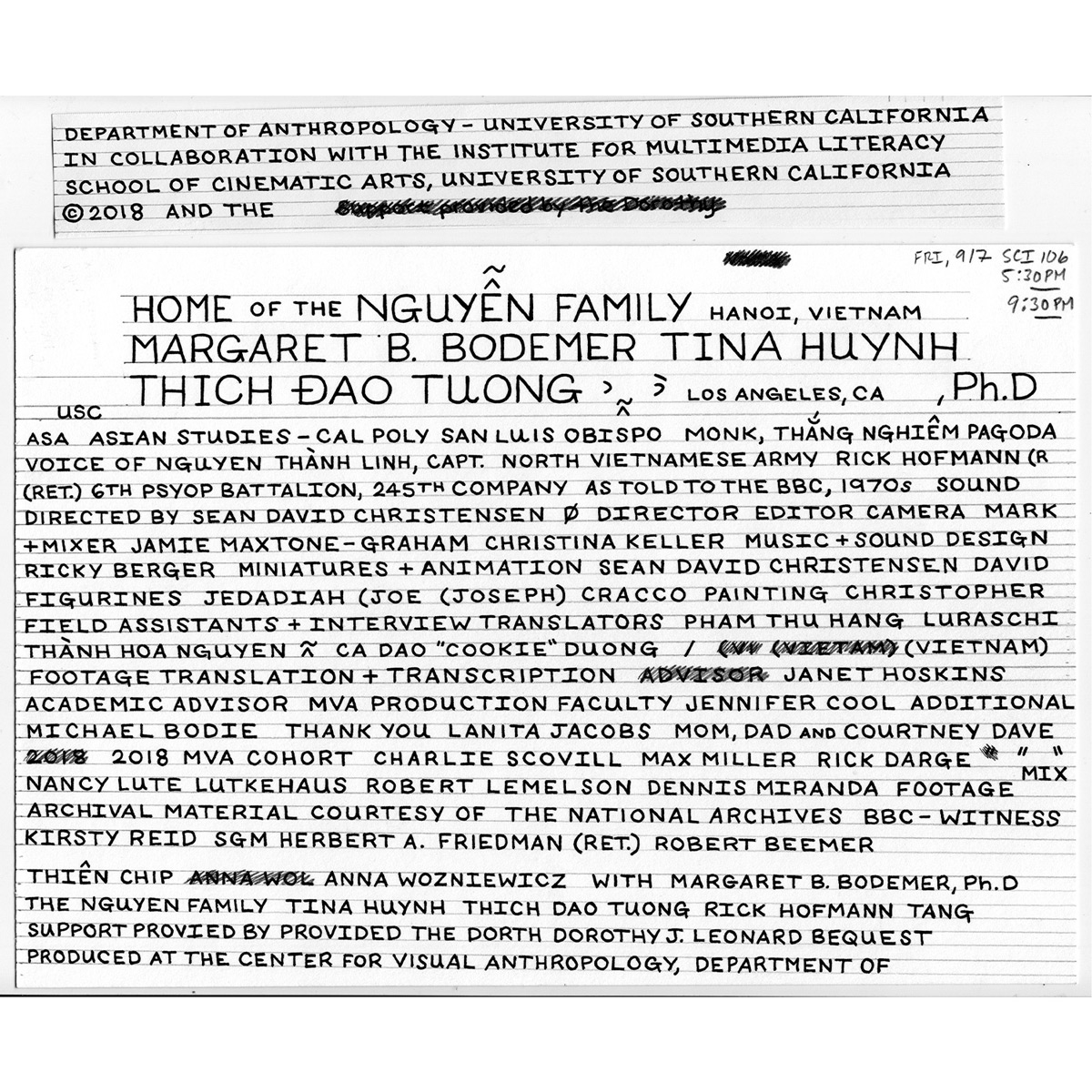This Friday, at the world premiere screening of my USC MVA (Masters of Arts in Visual Anthropology) cohorts' thesis films, Ghost Tape #10 will be shared with its first audience. Its screening will mark the one year anniversary of my first midnight in Vietnam, its cloak of night shrouding the miles I had left before me, miles before I could fully grasp what story I was trying to tell. The humidity was so intense that summer, the combined heat and moisture had eroded the black fabric coating my headphone's earmuffs, leaving its flakes clinging to my neck like pieces of dead skin. Each time I fished them out of my backpack to record an interview, there was less of it left, and each time, I felt like a fool.
It seemed, for a time while I was there, that everything was slowly falling apart. Deaf and dumb to the language that surrounded me, my exhaustion found new ways to undermine my assuredness, always keeping me off-balance. Thankfully, I was blessed with a remarkable group of guides, artists and craftspeople who helped me find my way, some of whom will be joining me in my school's darkened theatre on Friday. Under the mentorship of my professors who challenged me to take the right road instead of the easy one, I look back on a year and a filmmaking journey that still feels impossible. But then again, most dreams are.
ABOUT THE FILM:
Created by the U.S. Army during the Vietnam War, "Ghost Tape #10" was one of many tapes engineered as part of "Operation: Wandering Soul," a psychological operations campaign designed to intimidate and demoralize the North Vietnamese Army. These audio tapes would echo throughout war zones, their soundtracks consisting of actors portraying grieving family members, or voices from the dead, longing to be reunited with their loved ones. Exploiting the traditional Buddhist belief that, if denied a proper burial in their homeland, the dead wander the world aimlessly, these recordings were originally conceived of as attempts to weaponize an opposing culture's religious beliefs against them. Ghost Tape #10, the film, focuses on unearthing and re-examining this weaponization of belief through the context of modern day Vietnamese and Vietnamese-American religious practice. Through dreamlike visualizations and interviews in Vietnam and Los Angeles, reactions to this obscure piece of American propaganda lead to larger discussions about how modern day relationships between the living and the dead are carried out, and what truths, if any, still echo within this recording.
CREDITS
Camera
Sean David Christensen
Jamie Maxtone-Graham
Assistant Camera
Thiên Chip
Editor
Sean David Christensen
Translation & Transcription
Ca Dao "Cookie" Duong
Music & Sound Design
Ricky Berger
Supervising Sound Editor
Michael Cullen
Re-Recording Mixer
Anna Wozniewicz
Miniatures & Animation
Sean David Christensen
Figurines
Jedadiah (Joseph) Cracco
Field Guides & Interview Translators (Vietnam)
Thành Hoa Nguyễn
Pham Thu Hang
With
Margaret B. Bodemer
Rick Hofmann
Tina Huynh
The Nguyễn Family
Tang
Thich Dao Tuong
USC MVA Production Faculty
Michael Bodie
Jennifer Cool
Lanita Jacobs
Robert Lemelson
Nancy Lutkehaus
Faculty Advisor
Janet Hoskins
- - -
Produced at the Center for Visual Anthropology, University of Southern California
Copyright 2018, Sean David Christensen & the University of Southern California














